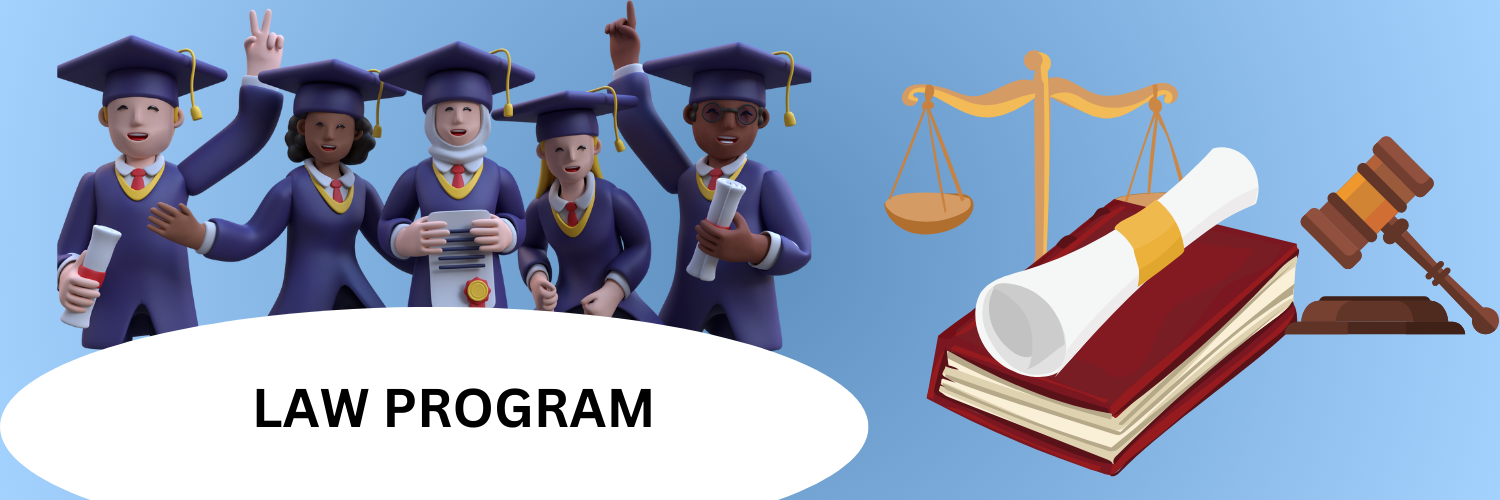Deciding to become a legal expert means choosing between two main paths: a 5-year BA LLB program or a 3-year LLB degree. It’s not just about school; it’s about shaping your future in law. Imagine facing a big law building. Each floor represents a year of study, and each step marks a milestone in your education. Which path will you take? The 5-year BA LLB offers a mix of arts and law, like climbing stairs with various decorations. The 3-year LLB is a steep climb into the heart of legal studies.
Let’s think about these choices not just as school decisions, but as life choices that shape who you become in the legal world.
Understanding the 5-Year BA LLB Program
The 5-year BA LLB program offers a direct path to the legal profession, combining arts and law education right after high school. This integrated course not only provides legal knowledge but also enhances understanding of the social sciences, which are crucial for legal practice.
Pros:
- Integrated Approach: The 5-year BA LLB program goes beyond merely studying law; it encompasses an understanding of the broader context in which legal systems operate. By integrating humanities subjects such as Political Science, Sociology, and Economics, students gain a comprehensive understanding of society, governance, and human behavior. This multidisciplinary approach equips them with a diverse skill set highly valued in the legal profession.
- Early Start: Starting legal education right after completing Class 12 allows students to immerse themselves in the legal world at an early age. This early immersion offers a significant advantage, providing ample time to grasp complex legal concepts, engage in internships, participate in moot courts, and gain other practical experiences crucial for a successful legal career.
- Dual Degree: Upon completing the 5-year program, students are awarded both a Bachelor of Arts and a Bachelor of Law degree. This dual qualification opens up a wider range of career opportunities, not only in law but also in fields that value interdisciplinary skills such as public administration, policy analysis, and academia.
Cons:
- Longer Duration: One of the main drawbacks of the 5-year BA LLB program is its duration. Committing to a five-year course requires a significant investment of time and resources, which can be challenging if you are eager to enter the workforce quickly or have other commitments that necessitate a more flexible education timeline.
- Specialization Delay: While the integrated approach provides a well-rounded education, it also means that specialization in a specific area of law comes later in the academic journey. Students in a 5-year program typically begin focusing on areas such as corporate law, criminal law, or international law in the later years of their study.
Understanding the 3-year LLB Program
The 3-year LLB program is a postgraduate law course available to individuals who have already earned an undergraduate degree in any field. It is dedicated exclusively to legal studies and is perfectly suited for individuals who choose to embark on a legal profession at a later stage or wish to enhance their current qualifications with a thorough understanding of the law.
Pros:
- Shorter Duration: The 3-year LLB program is a concise and efficient option for those who have already completed an undergraduate degree. This shorter duration allows students to finish their legal education and enter the profession more quickly than the 5-year integrated program.
- Flexibility: This program offers significant flexibility in two ways. It enables students to pursue an undergraduate degree in any field before committing to law, which is beneficial for those who are undecided about their career path or discover a passion for law later.
- Specialization: After gaining a foundational understanding of another discipline, students in the 3-year LLB program can focus exclusively on law. This often results in a deeper and more focused legal education, as students tend to be more mature and have a clearer sense of their career objectives by this stage.
Cons:
- Delayed Entry: Starting law school after completing another undergraduate degree means students will enter the legal profession later than those in the 5-year program. This can be a disadvantage for those who wish to start their legal careers as early as possible.
- Single Focus: While focusing solely on law can lead to a deep understanding of the subject, the lack of additional context from a humanities education, such as that provided in the BA LLB program, can be a drawback.
Comparing Curriculum and Eligibility
Curriculum:
- 5-year BA LLB: This integrated program combines arts and humanities subjects with foundational law courses. The curriculum offers a comprehensive education, covering disciplines such as Political Science, Economics, Sociology, and English, along with legal subjects like Constitutional Law, Property Law, and Criminal Law. This blend equips students with a diverse skill set beneficial for legal practice and beyond.
- 3-year LLB: Designed for graduates, this program focuses on law subjects from the outset. It provides an intensive study of legal principles, statutes, legal methodology, and various branches of law. The emphasis is on delivering specialized legal knowledge and skills essential for practicing law or pursuing careers in sectors where legal compliance and expertise are crucial.
Eligibility:
- 5-year BA LLB: This program is open to students immediately after completing their Class 12th. It’s ideal for those with a clear early interest in a legal career. Admission is typically based on entrance exams like CLAT, AILET, or state-level law entrance exams.
- 3-year LLB: As a postgraduate program, it requires candidates to have completed an undergraduate degree in any discipline. This path suits those who decide to switch to a legal career after their bachelor’s degree or for professionals seeking to add legal expertise to their skillset. Entrance to this program may be based on performance in law entrance exams or undergraduate degree marks.
Both programs aim to prepare students for legal practice and other opportunities where legal knowledge is advantageous, but they cater to different educational backgrounds and career stages. The 5-year program allows for a more gradual immersion into law, while the 3-year program offers an accelerated dive into the legal field for those already holding a degree.
Career Prospects and Salary
Both degrees qualify you to practice law and pursue careers in sectors such as corporate law, legal analysis, public policy, and more. Salary and career prospects are influenced more by your performance in the program, internships, and networking efforts rather than the specific type of degree.
Conclusion
Choosing between a 5-year BA LLB and a 3-year LLB program depends on your individual circumstances, career goals, and educational background. If you are certain about pursuing a career in law right after school, the 5-year integrated program might be the ideal choice. However, if you seek flexibility or have already completed a bachelor’s degree in another field, the 3-year LLB could be more appropriate. Ultimately, both paths lead to the same destination—a career in law—though the journeys differ. If you are considering your options, enrolling in a top law college in Ghaziabad could provide excellent opportunities and resources for either program.






